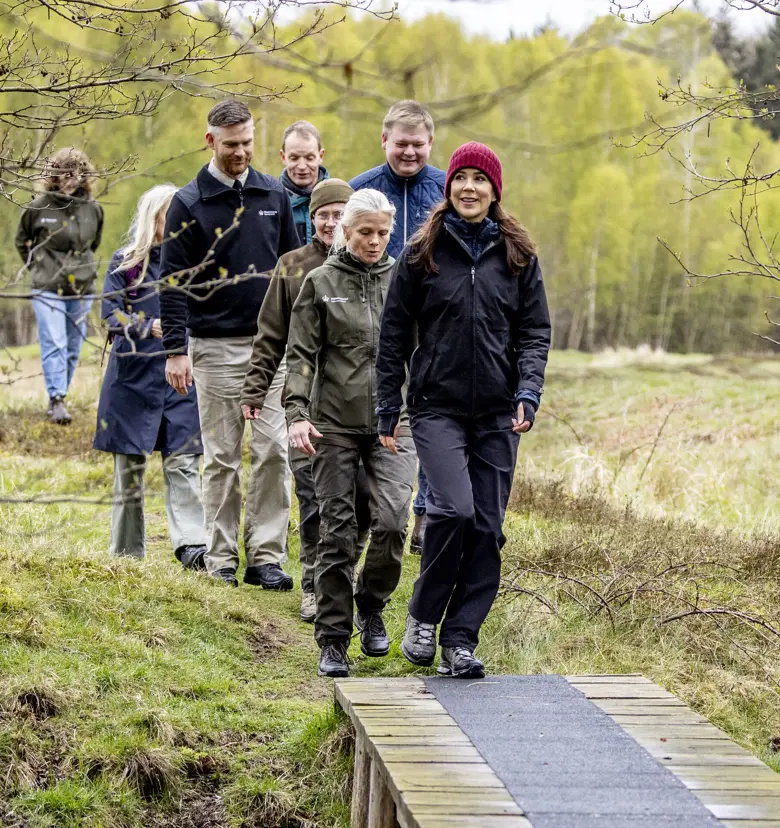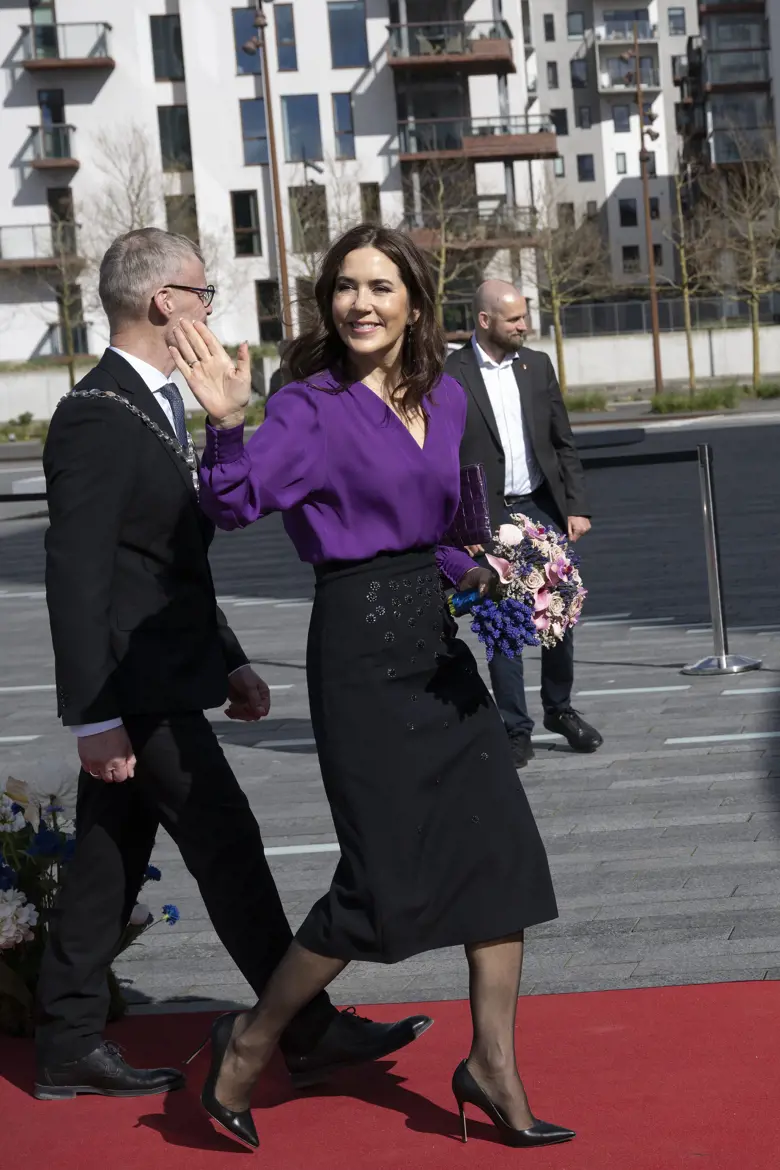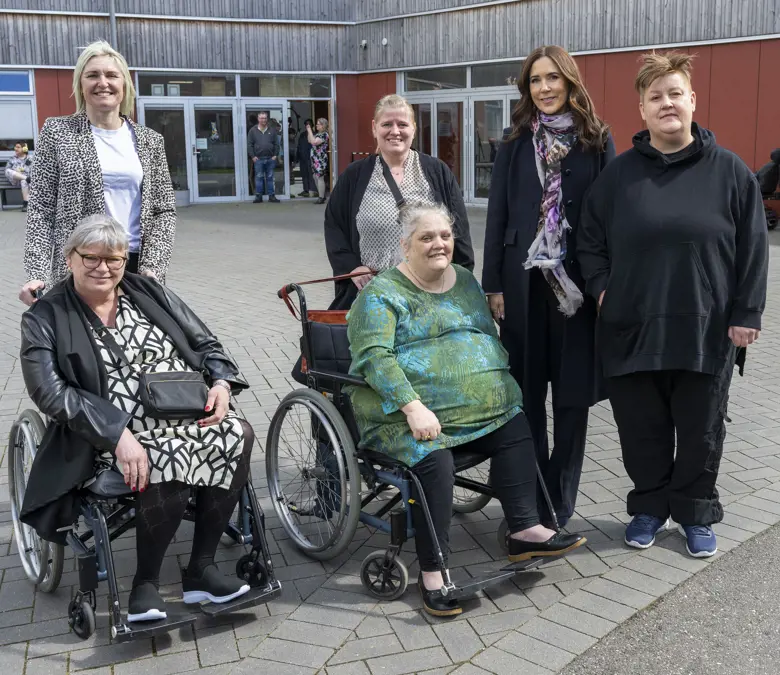HRH the Crown Princess‘ remarks at the UNGA 73 Side Event, Protecting Health and Rights of Women and Girls Affected by Conflict, New York, 24 September 2018
Offentliggjort den 25. september 2018
Good afternoon,
Human Rights are the basic rights and freedoms that belong to every person in the world; from birth until death. Everyone, everywhere - regardless of the circumstances.
Human rights do not end, when emergencies begin.
Just as;
- Pregnancies do not end, when emergencies begin.
- Childbirths do not end, when emergencies begin.
- Sexual and gender-based violence does not end, rather the contrary, it soars, when emergencies begin.
At times of crises, women and girls face particular risks of human rights violations; the risk of an unwanted pregnancy or a dangerous birth.
Their role as caretakers may force them to exchange sexual favours in order to gain access to basic needs like water or food. Their gender also puts them at an increased risk for early marriage.
From UNFPA, I have heard the stories of two survivors from countries hit hard by conflict. I would like to share them with you today.
In South Sudan, Tabitha, whose real name is known to UNFPA, is in her 20’s. She was raped by several men in her home and recalls: “One of the men forced the door open and hit me hard in the face with a pistol. Suddenly his hands were all over me, pinning me down, tearing my clothes. The next minutes played out like hours… The pain was so much I blacked out.”
In Yemen, Suad, aged 15, tells us; "I was married when I was 14 years old to a man in his seventies. He has made my life a living hell. I have only one dream and that is to complete my education".
At times of crises, we witness;
- The rise of aggression as an integral aspect of violent conflict.
- The disintegration of social structures that once offered protection;
- The discontinuation of health services including maternal health services; and
- The breakdown of supply lines including, when it comes to contraception and medicines.
This multiplies the risk that women and girls’ rights to health and protection are violated during conflict.
But despite the risks they face, it is far from right to leave you with an image of women and girls as just victims. Women and girls’ vulnerability in crisis is not a sign of weakness, but of inequality. More than anything, women and girls are powerful and resourceful. In every community I visit in conflict-affected countries, however deprived or disadvantaged, I always meet women and girls with huge potential.
And that is precisely why, I referred to the young women form South Sudan and Yemen as survivors. The word survivor implies a power and a strength to move forward and of having hope – choosing life.
Despite the resourcefulness of women and girls, in crisis situations we need to ensure protection from gender-based violence, we need to offer counselling and safe spaces, we need to provide access to contraception, safe delivery and other sexual and reproductive health services.
Tabitha received emergency contraception, post-exposure prophylaxis to prevent HIV transmission, and psychological first aid.
Suad fled her husband and was offered protection in a safe house.
We need to deliver on the 70-year-old promise of meeting basic human rights - also in crisis situations.
If we do, then women and girls can become the catalyst of change; from the rubble of a crisis to the development, resilience and stability of their families, communities and nations.
The hope of a better future does not end in crisis. Neither should, the protection of our Human Rights.
We could also paraphrase the wise words of former UN Secretary-General Dag Hammarskjöld to say: ‘If we save women and girls from hell, they will take mankind to heaven’.
Thank you.



